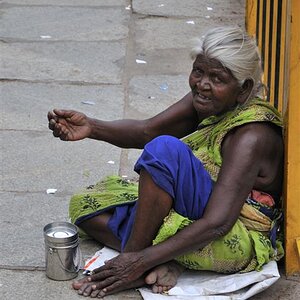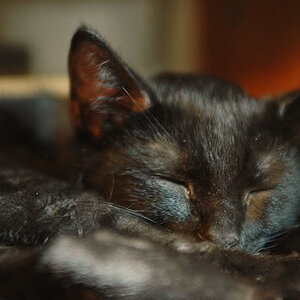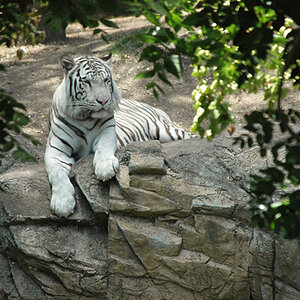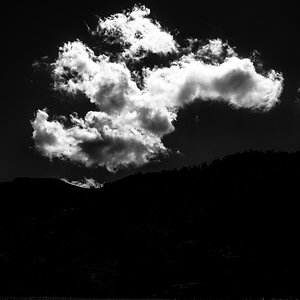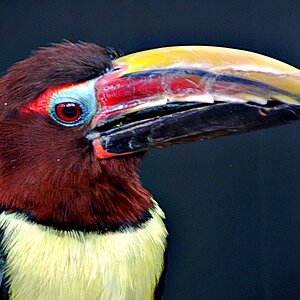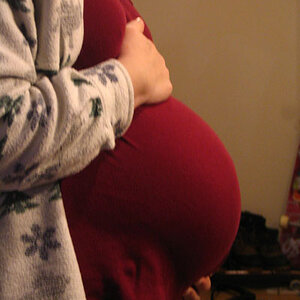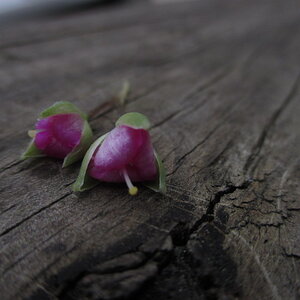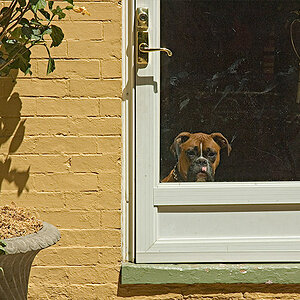biggerben
TPF Noob!
- Joined
- Aug 28, 2009
- Messages
- 40
- Reaction score
- 0
- Location
- Switzerland
- Can others edit my Photos
- Photos OK to edit
i'm not 100% sure this is correct, but try it and see 
take the shot at f/8 (and NOT wide open like you have) and ISO 100 or 200. the shutter will be open for quite a while, but that's ok.
also, make sure you switch the VR off if the camera is on a tripod.
try to take the shot during dusk. it looks much nicer when the sky isn't pitch black.
take the shot at f/8 (and NOT wide open like you have) and ISO 100 or 200. the shutter will be open for quite a while, but that's ok.
also, make sure you switch the VR off if the camera is on a tripod.
try to take the shot during dusk. it looks much nicer when the sky isn't pitch black.


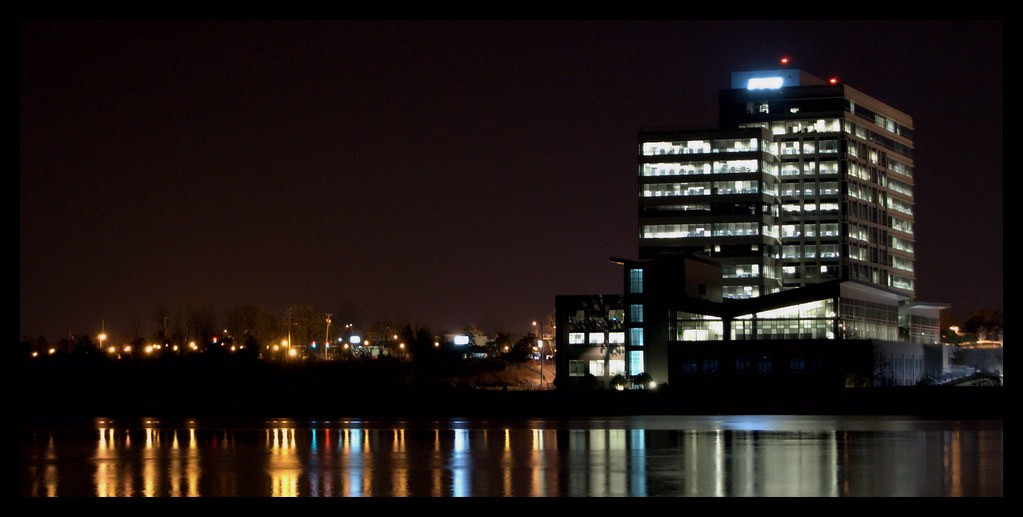


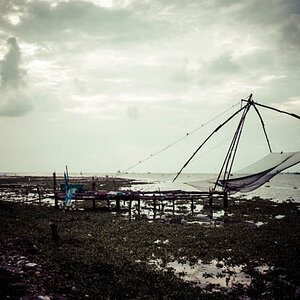
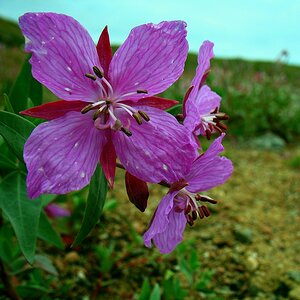
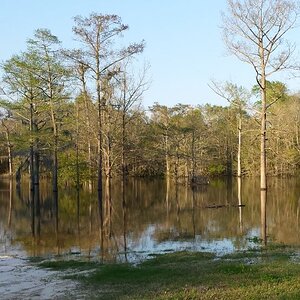
![[No title]](/data/xfmg/thumbnail/41/41889-81d59d4994c91e71aaf805b05b133966.jpg?1619739933)
